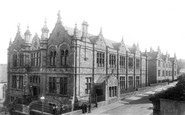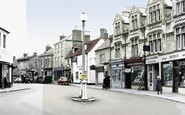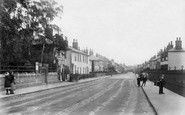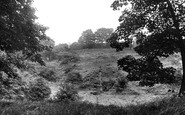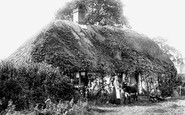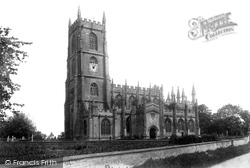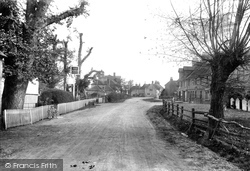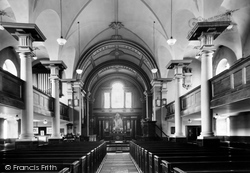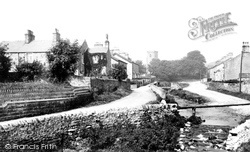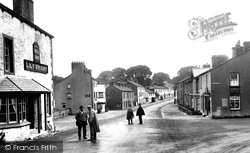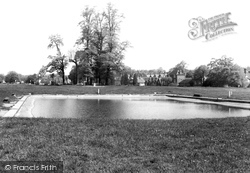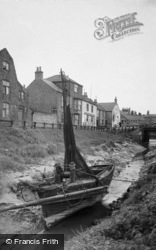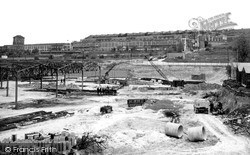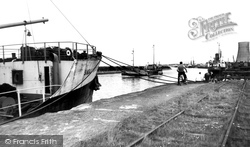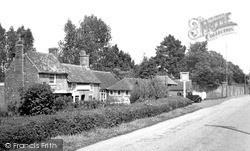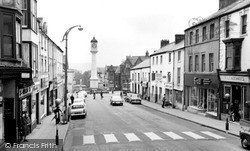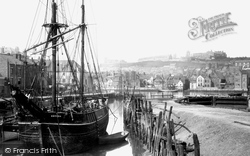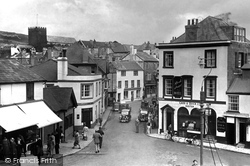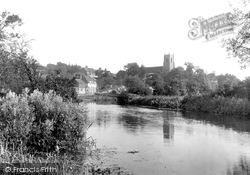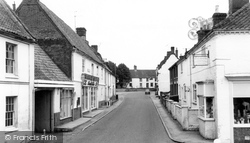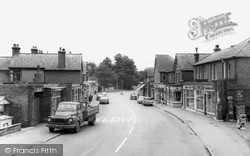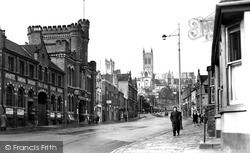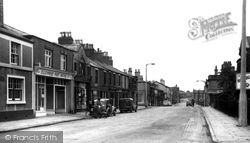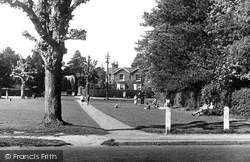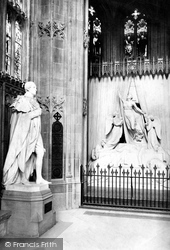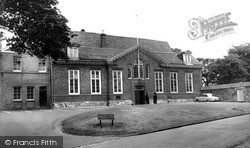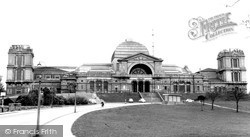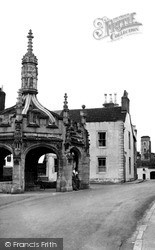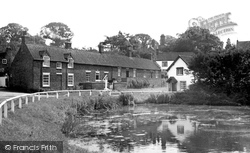Places
36 places found.
Those places high-lighted have photos. All locations may have maps, books and memories.
- Bangor, County Down
- Newcastle, County Down
- Greyabbey, County Down
- Donaghadee, County Down
- Downpatrick, County Down
- Portaferry, County Down
- Dromore, County Down
- Downings, Republic of Ireland
- Hillsborough, County Down
- Killyleagh, County Down
- Ardglass, County Down
- Rostrevor, County Down
- Dundrum, County Down
- Newtownards, County Down
- Warrenpoint, County Down
- Ballygowan, County Down
- Ballywalter, County Down
- Ballyward, County Down
- Bishops Court, County Down
- Boardmills, County Down
- Culcavy, County Down
- Katesbridge, County Down
- Killough, County Down
- Millisle, County Down
- Portavogie, County Down
- Saul, County Down
- Seaforde, County Down
- The Diamond, County Down
- Audleystown, County Down
- Kearney, County Down
- Annaclone, County Down
- Ballyhalbert, County Down
- Ballymartin, County Down
- Clare, County Down
- Conlig, County Down
- Dollingstown, County Down
Photos
1,089 photos found. Showing results 1,741 to 1,089.
Maps
459 maps found.
Books
47 books found. Showing results 2,089 to 2,112.
Memories
8,148 memories found. Showing results 871 to 880.
Holmcroft Street
My father was born and raised on Holmscroft Street. He left in 1950. I have been and know that his segment of Holmscroft Street has been torn down. Does anyone know if this school was anywhere near Holmscroft Street? Does it still exist?
A memory of Greenock in 1940
First School
I was six when this photo was taken. We lived in a tiny flat in Curzon Street, basically one room, and I went to school at Fintragh, a tiny private school in two rooms part way down the high street, opposite the Post Office. This ...Read more
A memory of Calne in 1950 by
Welsh Girl From Six Bells
Born in Abergavenny in Dec/ 1951. Brought home to my Nanna's house who we lived with in 1 Lancaster Street where my family lived. Dad worked down the six bells pit at the time, and I have fond memories while I was ...Read more
A memory of Six Bells in 1958 by
Carrog Memory, As A Ww2 Evacuee.
I first visited Carrog in 1939 as an evacuee, at the start of World War 2. I was accompanied by my two sisters, having travelled by train from Birkenhead on the Wirral. All the evacuees were escorted to the Church ...Read more
A memory of Carrog in 1940 by
My Youth
I was born at Springend near Horbury in 1948, lived at 40 Northfield Lane, Horbury emigrated to Australia in 1961. I remember the Library, spent hours there reading the famous five books and secret seven, still do. Whites fish and chip ...Read more
A memory of Horbury in 1950 by
County Oak And Tushmore Sports And Social Club
Tushmore Lane and either side of the main A23 had properties forming the catchment area for club members, also another general store and petrol station. County Oak boasted a recreation ground ...Read more
A memory of Crawley in 1953 by
Recollection Of June 1953
I recall receiving a Coronation Commemoration Mug, in my nursery school in June 1953. I was 5 at the time. My father was a resident Doctor in St. Michaels Hospital in Braintree. Does anyone know the name of the school ? ...Read more
A memory of Braintree by
Bombing Of Morland Avenue
Written by my mother when she was 70. She lived in Swaisland Road I think one of the things you would have noticed was the number of barrage balloons all around, high in the sky. The first sound of guns which we heard ...Read more
A memory of Dartford in 1945
The Bathing Hole
The stream in front of the war memorial ran down to the Browney river a few hundred yards below the Dean, where half of the Witton school kids learned to swim in deep pools created by dams made by Harry Bell and Davy ...Read more
A memory of Witton Gilbert in 1954 by
My Grandparent's Home
I received information from my cousin Leslie about this photo. Now that I have found it I am delighted. My grandparents were Thomas Benjamin Fairminer (1881-1954) who married Louisa Florence Smith (1880 - 1944). They ...Read more
A memory of Frimley Green by
Captions
2,258 captions found. Showing results 2,089 to 2,112.
Yet another clothier's church, St Mary's at Steeple Ashton had a steeple, as the village name implies, but it was blown down in 1670. Stone vaulting in the nave has been replaced with wood.
The village store is on the right halfway down the road. The scene is similar today.
The organ tuner's candle fell down inside the mechanism while he was tuning the organ!
In this picture we can see the small stream that runs down from Waddington Fell and the Moorcock Inn as it runs right through the centre of the village to join the Ribble.
It rises on the border with Yorkshire, and tumbles down the hillsides to meet up with the River Hodder and the River Calder to gather strength before pushing on to Preston and the coast.
Another fair was held on Bank Holiday Monday, and one elderly lady remembered collecting discarded ginger beer bottles to exchange for the refund of one penny after the fair had closed down for the day
It has since been filled in and closed down. Wisbech is the capital of the Fens. It was once a strategic seaport, where coasters transhipped their cargoes into fenland lighters.
On 21 October, bombs rained down, damaging 400 homes. German prisoners helped clear up the damage. Air raid shelters were not foolproof, but they gave a sense of security.
The thirty-five mile long Manchester Ship Canal works as one great harbour, and ships moving up and down the canal have to register each movement with the control centre at Eastham.
We are in the Cuckmere Valley, with fine views of the scarp side of the Downs.
The town clock has been given a number of nicknames, including `the Iron Duke of Tredegar`, because of the small profile of the Duke of Wellington on the base.
Down in the harbour, the tall ship is moored just in front of the Angel Vaults, still here as a waterside inn.
We are looking down on The Square from Middle Row at the bottom of Broad Street. The shot is north-eastwards, along Bridge Street (centre) to the roofs of Coombe Street.
At one time the churchyard wall decayed, rainwater washed the soil away from the graves, and bones were taken down the hill, even into the water.
Centuries ago the pulpit had a large leather funnel with a pipe going down to a pew for a particularly deaf member of the congregation.
All the needs of a developing small town are in evidence - the Bedford lorry loaded with builders materials, Charles Love & Son's ironmongery and radio/TV engineer's (right), Lisles petrol station (near
This is now an extremely busy road, and there is a host of traffic lights where five roads meet at the bottom of Lindum Hill, just about where the car is coming down the road.
Many of the Manchester Ship Canal workers settled here, where there was plenty of work to be had in the ever-spreading town.
The road heading into the distance is Boltro Road, which leads down to the railway station - the railway line is off to the right of this photograph.
The Princess is lies dead on a ledge, covered entirely by a heavy sheet; only the fingers of one hand hang down from under it.
compare with that of Oakham Castle of c1180, some twenty miles east of the city, as an example of Norman architecture; but as part of the extensive remains of Leicester Castle and its town
Sixteen days later it was burnt down, and was rebuilt by John Johnson to re-open in 1875. It was never a great success; part was leased to the BBC in 1934, and television broadcasts began in 1936.
We are looking down Oxford Street, with the market cross on the left. The tower of Tower House can be seen at the junction with Cross Hayes Lane (right).
The almshouses we see behind the pump (centre) were taken down in 1964. We may be thankful that Mere Cottage (right), dated 1756, remains.
Places (198)
Photos (1089)
Memories (8148)
Books (47)
Maps (459)

